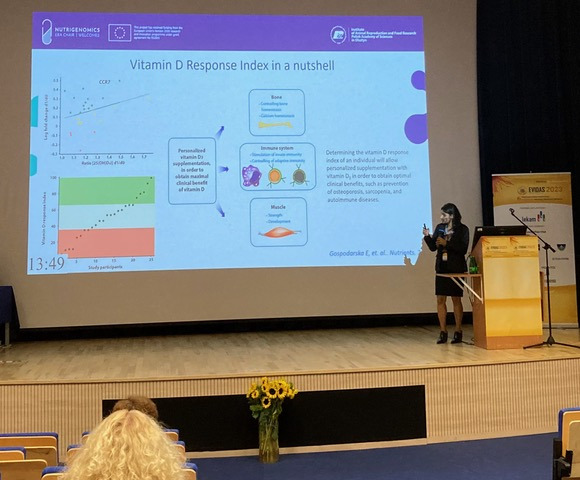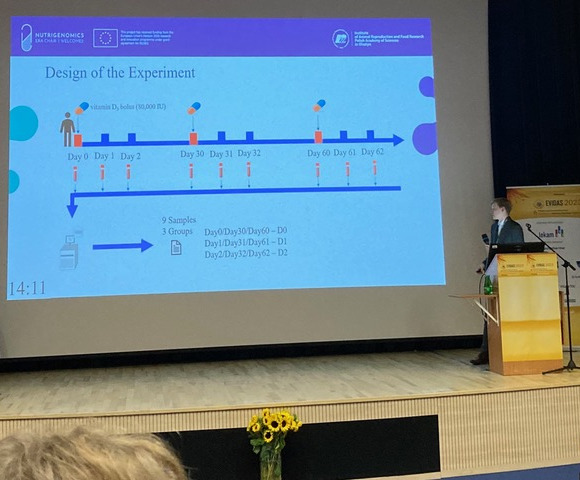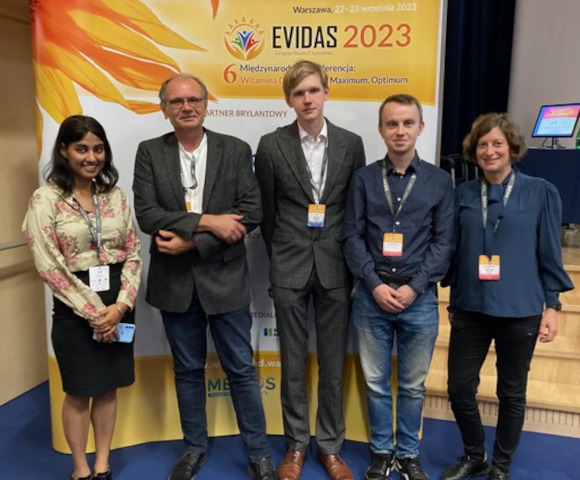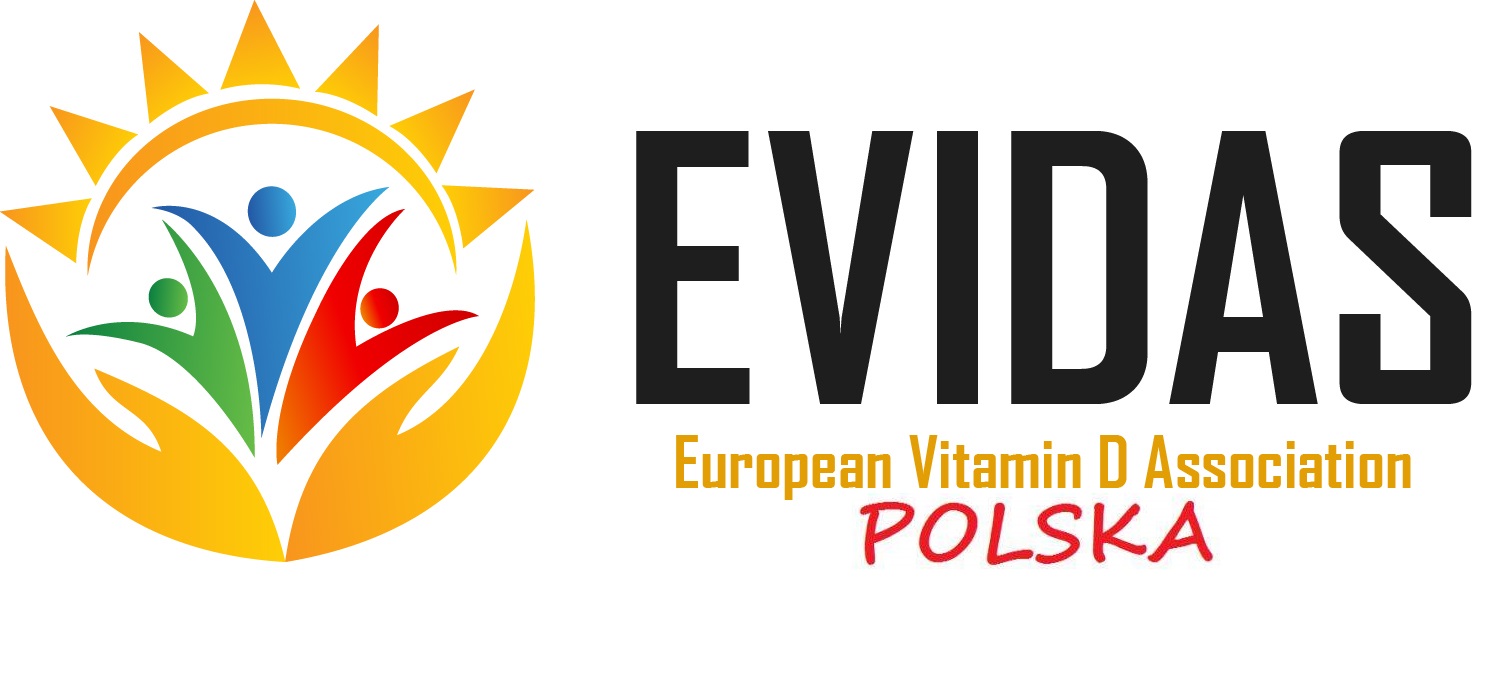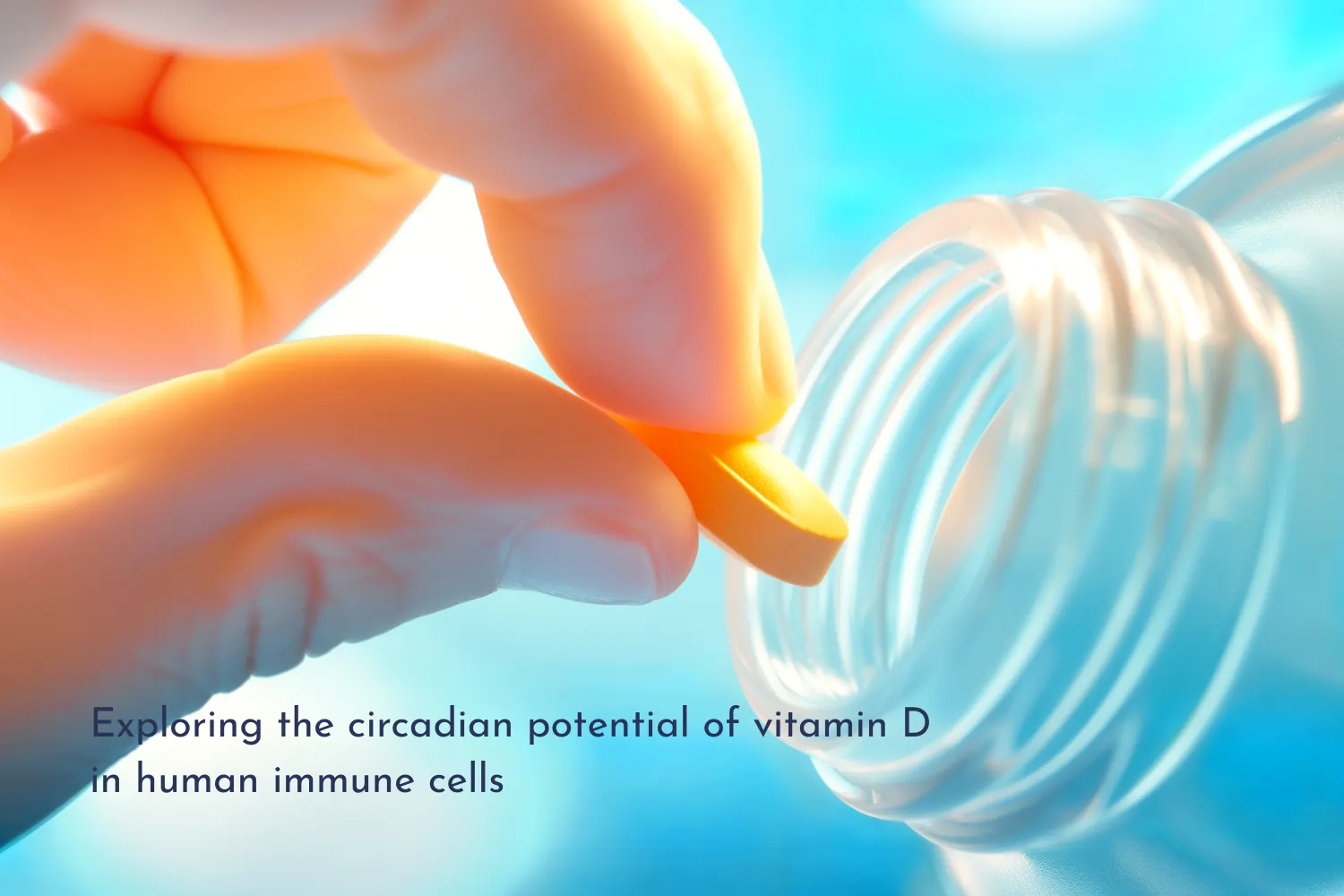At the end of September, the nutrigenomics team participated in a conference on vitamin D. The conference served as an international forum for the presentation and discussion of current basic and clinical research in the field of vitamin D.
“(…) vitamin D deficiency is a global health problem with potential negative consequences on health, welfare and morbidity during growth and adulthood, and therefore influencing health care services worldwide. Thus, due to mutually exclusive conclusions, it is essential to discuss vividly, and share scientific reports and guidelines as well as evidence demonstrating both the health benefits and lack of it in relation to human health.” – said Paweł Płudowski on behalf of the Organizing and the Scientific Committees.
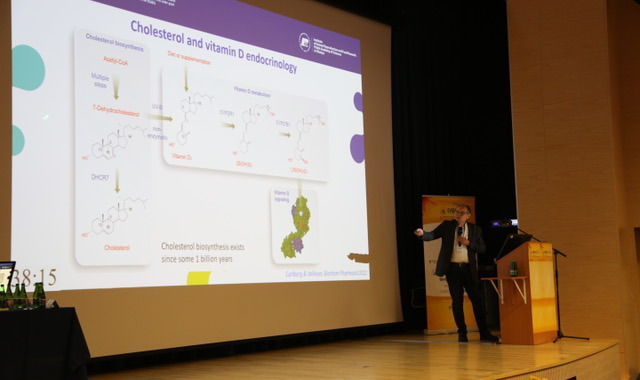
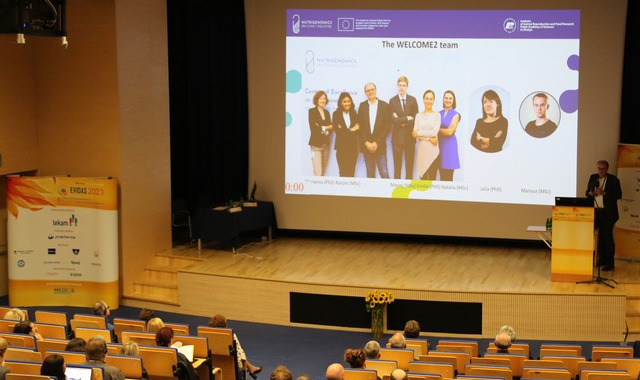
Prof. Carsten Carlberg, WELCOME2 ERA Chair, gave a special lecture on “Epigenetic and genomic view on vitamin D: a “celebration” of the first day of autumn/first day of the lack of skin synthesis“, where he presented the impact of epigenetics on vitamin D signalling, explaining the vitamin D response index in detail. The main key message of the lecture was that the WELCOME2 team sees the vitamin D response index as one of multiple tools to evaluate the general responsiveness of individuals, hence the hypothesis that the sensitive part of the population that are low vitamin D responders are probably also low responders to other challenges e.g. healthy diet, which could make them more prone to common diseases.
Ranjini Ghosh Dastidar presented her conclusions on “Extending the vitamin D response index concept based on cohorts from Saudi Arabia”. Maciej Rybiński introduced the audience with “In vivo changes of the epigenome of human immune cells after vitamin D challenge“.
